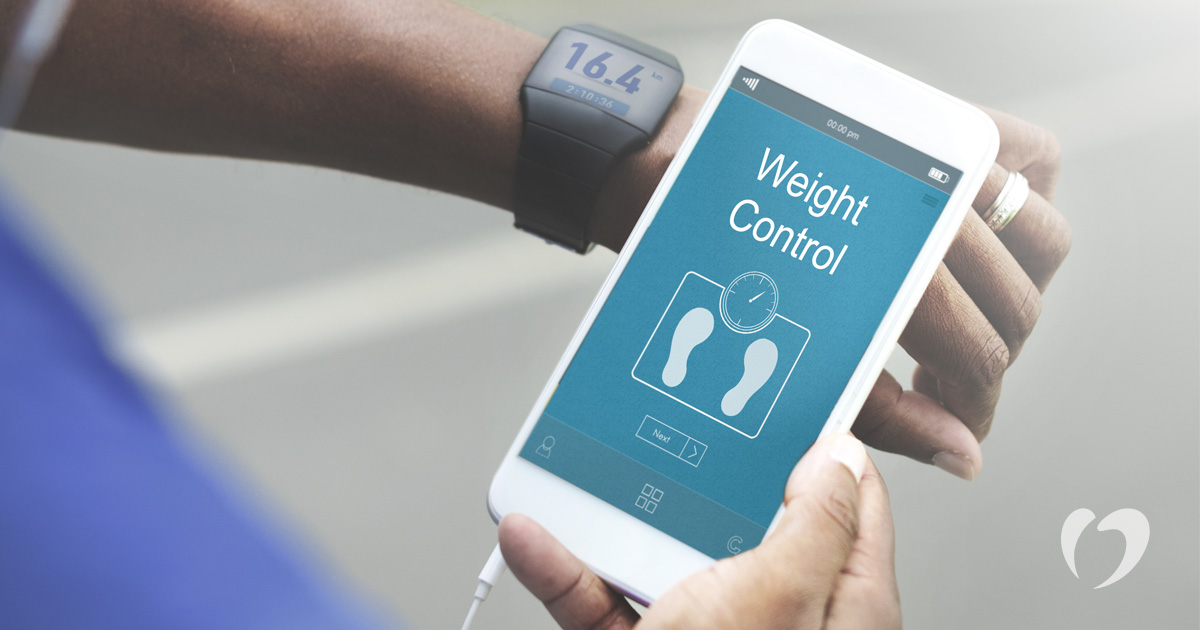How Excess Weight Affects Your Heart Health

Most people are aware that being overweight increases the risk for health problems, including heart disease, high blood pressure, stroke, diabetes, and more. But what exactly is happening in the body that increases that risk? And what steps can you take to reduce your overall risk?
The percentage of adults in America who are overweight or obese has continued to rise in recent years with Oklahoma’s obesity rate at 33.9% in 2015 compared to 10.3% in 1990. Body mass index (BMI) is a measurement of your weight in relation to your height and is a general indicator of the amount of body fat. To calculate your BMI, use this convenient online calculator from the American Heart Association. Obesity is defined by a BMI of 30 or higher. Individuals with a BMI of 25 to 30 are considered overweight. While BMI alone is not a measure of an individual’s health, it is a frequently used screening tool for overweight and obesity.
When your weight is at a healthy range, your body can more efficiently circulate blood and balance fluid levels, which helps keep it in good working condition. As body fat increases, multiple things start to happen that reduce your body’s overall efficiency and increase your health risks:
-
Plaque begins to build in the arteries that send oxygen-rich blood to your heart, which can reduce overall blood flow.
-
Too much plaque in the arteries can result in a blood clot, and if the blood clot is close to the brain, it may cause a stroke.
-
LDL (“bad” cholesterol) and triglyceride levels increase.
-
HDL (“good” cholesterol) levels decrease.
-
Fatty tissue may build around the heart, which can disrupt the heart’s normal electrical rhythms and lead to atrial fibrillation or other rhythm issues.
The good news is that while excess weight can disrupt the body’s efficiency and increase risk for many health problems, losing even 5% of body weight has been shown to reduce the risk for some health problems. We recommend setting an initial goal to lose 5% of your total body weight and implementing small steps over time to build healthy habits. A few recommendations include:
- Get moving. Add more physical activity to your day, whether you start with a 10-minute walk at lunch every day or join a gym and attend group cardio classes several days a week. As with any new habit, try starting small and building both time and intensity gradually.
- Increase water intake. As you add more physical activity to your day, it’s important to keep your body properly hydrated. Increasing your water intake can also help reduce your daily calories, particularly if you’re swapping water for sugary sodas or other calorie-heavy beverages. Try adding lemon or other fruits to flavor your water.
- Eat more fruits and vegetables. Reaching for fruits and vegetables for snacks and adding them to each meal can increase your fiber intake and help you feel full longer, plus fruits and vegetables provide important nutrients for your body.
Losing weight is not an easy task, as many people can tell you, but it does have significant benefit for reducing your overall risk of heart disease and other health problems. If you’re overweight or obese and are concerned about your heart health, contact the Oklahoma Heart Hospital today for more information about how we can help monitor and reduce your risk.
